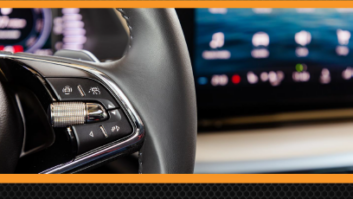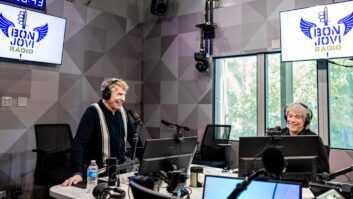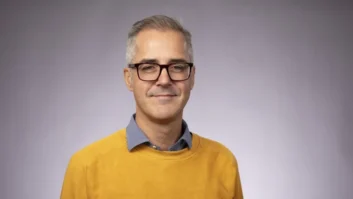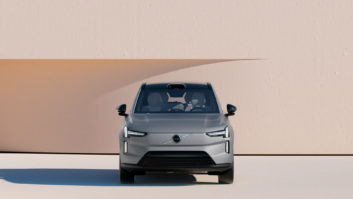
The author of this commentary is the publisher of Inside Music Media, where this commentary first appeared. Subscription info can be found here.
It is becoming more apparent that SiriusXM sees the decline of in-car subscribers for their satellite monopoly and is now betting on the digital future instead – the only problem is, in digital they have endless competitors.
Satellite radio is a legal monopoly; the two authorized satellite companies XM and Sirius merged, giving them a clear path to take advantage of radio’s faults (commercials, lack of variety, fewer personalities).
Now at 34 million subscribers, satellite radio has peaked and the costly process of broadcasting from orbits above the earth is deemphasized.
The sat company is offering subscriptions for as low as several dollars a month.
In some cases, for example, Amex picks up 100% of the charge for Platinum card holders.
Ironically, the paid satellite service that competed for decades against free radio is in many ways also becoming free radio, prompting a change in strategy.
Late to digital
SiriusXM is embracing digital streaming like it is something new, but Spotify and Apple Music already dominate the sector, with many other digital options to compete with now.
SiriusXM controls the original music streaming service Pandora, which has not been able to keep up with Spotify and Apple Music, so their new plans include expanding out their satellite channels for digital delivery even to the point of keeping them aligned with the offerings available in cars.
BUT, SiriusXM is offering no new digital approach that would attract younger consumers – the ones they don’t currently have in the car and must have in any successful digital initiative.
I can tell you I have yet to find even one college student interested in SiriusXM at any price, either in the car or delivered digitally, although all have either or both Spotify and Apple Music.
The podcasting mistake
SiriusXM is not learning from Spotify’s costly and public flirtation with podcasting, in which they spent hundreds of millions of dollars to attract exclusive podcasts available only for paid subscribers – the experiment failed.
Spotify recently ended many costly podcaster exclusives and is keeping a few like Joe Rogan under very different circumstances and pay incentives making the podcasts available everywhere without a subscription.
Meanwhile SiriusXM is dropping $100 million on Jason Bateman, Sean Hayes and Will Arnett as part of a large deal between SiriusXM and SmartLess Media. That’s higher than the $90 million they are currently paying for Howard Stern’s services.
They may be signaling a reluctance to reup the 70-year old Stern when his contract expires – at least at present numbers.
SiriusXM, like terrestrial radio, seems to be searching for something other than their core radio business, which is by all measures eroding – gross profit down 3% in 2023 – but terrestrial radio will not benefit from their retreat because satellite radio never hurt it in the first place.
To keep investors happy, SiriusXM is eliminating another 160 jobs as part of a rolling layoff that will help prune expenses.
The bottom line
Satellite radio missed its earlier opportunity to profit from the crass commercialization of radio and seems just as willing as its free radio competitor to virtually give away car subscriptions to join the digital revolution that may have already peaked.
Comment on this or any story. Email [email protected].












